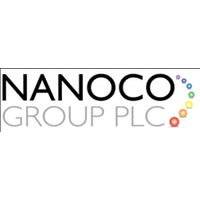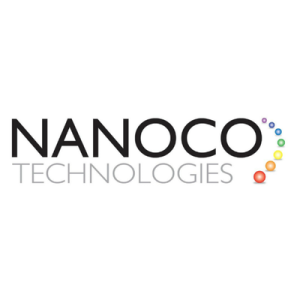A new study has outlined the potential of soil-free, computer-controlled farms as climate change and soil erosion limit our ability to grow crops. The research, published in New Phytologist and led by scientists at the University of Bristol, John Innes Centre and LettUs Grow, describe the growing environmental and economic case for vertical farming methods which could see crops grown in previously unfarmable environments such as the deserts of Dubai to countries with short daylight hours like Iceland.
Vertical farming is a type of indoor agriculture where crops are cultivated in stacked systems with water, lighting and nutrient sources carefully controlled and supported by artificial intelligence in which machines are taught to manage day-to-day horticultural tasks.
Nanoco Group PLC (LON:NANO) leads the world in the research, development and large-scale manufacture of heavy metal-free nanomaterials for use in displays, lighting, vertical farming, solar energy and bio-imaging.


